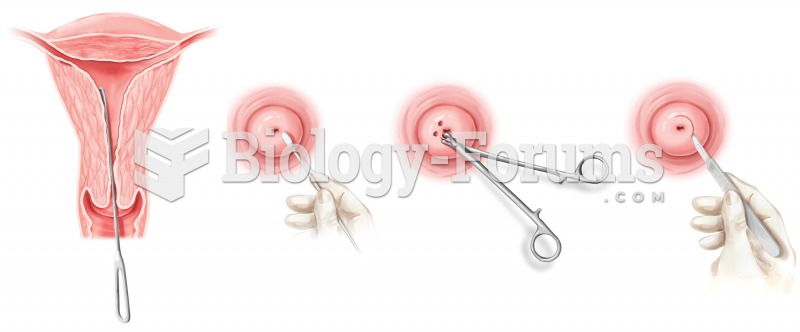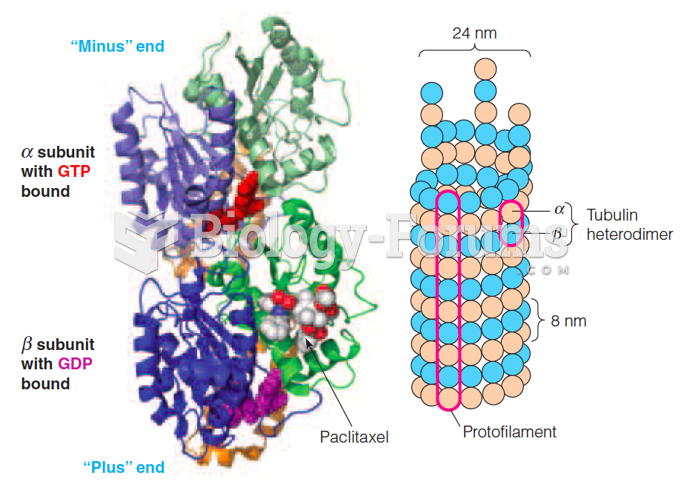Answer to Question 1
If compressed air is used for cleaning purpose on anything other than concrete forms, mill scale, or similar situations, the compressed air pressure must be reduced to less than 30psi. Also, the manufacturer's safe operating pressure for hoses, valves, and filters must not be exceeded.
Answer to Question 2
The general requirements of 29 CFR 1926.550 are set forth in the following categories: 1) knowledge of the equipment, 2) equipment modifications, 3) crane certification, 4) competent person, and 5) inspections.
Equipment Knowledge. Companies are required to comply with the manufactures specifications and limitations for all derricks and cranes in their possession.
Equipment Modifications. The manufactures of the crane or derrick in question must give written approval for any and all modifications before they are made. Plates, tags, and decals containing information about capacity, operation, and maintenance must be changed to reflect modifications.
Crane Certification. Cranes used in construction (other than in the maritime trades) are exempt from certification. However, they must be properly inspected by a competent person.
Competent Person. The company must designate an individual who is competent to inspect cranes and derricks and ensure their proper operations. A competent person according to 29 CFR 1926.32 is an individual who is capable of identifying existing and predictable hazards and who has the authority to take prompt corrective action. The duties of the competent person are as follows: 1) inspect all cranes, derricks, and related equipment before they are operated (every time), 2) inspect cranes, derricks, and related equipment during operation to ensure proper practices, and 3) conduct an annual inspection of all hoisting equipment.
Inspections. Cranes and related equipment must be inspected frequently, thoroughly, and comprehensively. The inspection intervals recommended in the manufacturer's specifications should be considered the minimum. Inspections are divided into two categories, frequent and periodic. An initial inspection is also required when cranes, derricks, and related equipment are first put into service.







